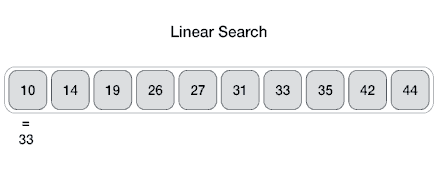Private C++ Training
Get expert C++ programming help with private online classes from experienced tutor. Whether you're struggling to keep up in class or just want to improve your skills, our personalized instruction will help you achieve your goals.
Our tutor has 30 years of experience teaching C++ programming to students of all levels. We'll work with you one-on-one to identify your strengths and weaknesses, and tailor our instruction to your individual needs. With our help, you'll master the fundamentals of C++ programming and be able to tackle even the toughest coding challenges.
Our private C++ classes are designed to be flexible and convenient. You can schedule sessions at a time that works for you, and you'll be able to work from the comfort of your own home. Plus, our online platform makes it easy to share code and collaborate with your tutor in real-time.
Why Choose Us?
- Experienced tutor with a passion for teaching
- Personalized instruction tailored to your needs
- Flexible scheduling and convenient online platform
- Affordable rates
- Proven track record of success
Don't let C++ programming hold you back any longer. Sign up for private online classes with our expert tutors today and start achieving your goals!








